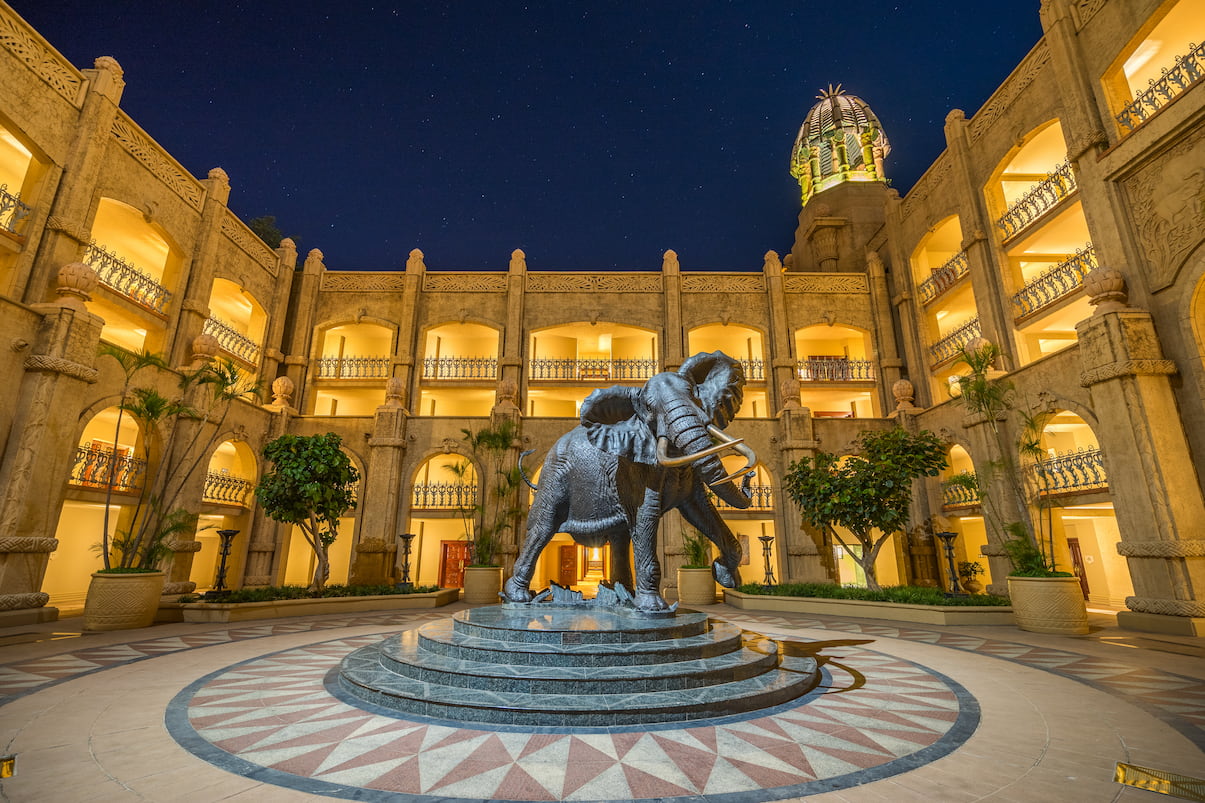
Casino entertainment have long been a staple in human culture, offering not just entertainment but a fascinating reflection of our hopes, ambitions, and fears. From the rotating wheels of a slot machine to the tactical play of poker, these games encapsulate a variety of human sentiments and incidents. At their core, casino games are more than a chance to make profits; they are a reflection of life itself, where risk versus reward merge and fortunes can change in an moment.
As players gather around tables or sit in front of brightly lit machines, they participate in a tradition that transcends mere betting. These games reflect our innate desires for connection, excitement, and the quest for chance. They also disclose deeper truths about human behavior, such as our relationship with fate and the thrill of uncertainty. In exploring casino games, we reveal not only the nuances of play but also the rich tapestry of the human journey, showcasing our interconnected narratives of goal and reality.
The Mind Behind Gambling
Gambling is intrinsically connected in the psyche of individuals, tapping into various feelings and desires. The excitement of taking risks is a fundamental aspect that draws players in, whether it’s thrill of spinning a roulette wheel or the excitement of drawing a winning card in a poker game. This rush of adrenaline is frequently likened to other forms of excitement, as the unpredictability of outcomes elicits a unique psychological response. Gamblers often find themselves captivated by the possibility of winning big, leading to an irresistible draw toward gambling games.
Additionally, an essential component of the psychology behind gambling is the concept of hope and aspiration. Participants often indulge in fantasies of financial freedom and the luxurious lifestyle that can follow winning. This optimism fuels their ongoing participation in casino games, as it provides a sense of meaning and the belief that a transformative win could be just one bet away. The story of beating the odds and achieving success resonates with many, strengthening their commitment to play and engage with these games.
Lastly, social aspects play a significant role in gambling psychology. Gambling venues are designed to foster social interaction, where gamblers gather to share the journey of wins and losses. This communal aspect not only amplifies enjoyment but also affects behavior, as individuals often mimic the actions of others around them. The collective approval found in shared excitement can magnify the emotional experience, making casino games a mirror of not just personal desires but also collective engagement within the gaming community.
### Risk and Reward: A Double-Edged Sword
Gambling activities embody the delicate balance between danger and gain that resonates deeply with human psychology. The excitement of placing a bet is often accompanied by a rush of adrenaline, as gamblers are confronted with the possibility of striking it rich, yet conscious of the possibility to lose. This twofold experience reflects a fundamental aspect of life: the choices we make often come with inherent risks, and the pursuit of reward can push us to embrace risks we might not typically consider. In this way, gambling activities mirror real-world decisions, enticing players to gamble not just their funds, but also their dreams.
The allure of big prizes and winnings fuels a sense of optimism, inspiring players to imagine a better future that could arise from a fortunate turn of the roulette or dealing of a hand. This optimism can motivate individuals to engage in more daring actions, encouraging them to push their boundaries in search of economic benefit. However, just as in life, the consequences of these decisions can lead to both triumph and despair. The stories of both jackpot winners and those who have suffered everything at the tables demonstrate the unpredictable nature of luck and its impactful effect on our lives.
Ultimately, the experience of engaging with casino games serves as a potent reminder of the nature of humanity. Every session played is filled with the tension of uncertainty, as gamblers weigh the rewards against the dangers. This dynamic not only highlights the thrill that comes with betting but also reveals the weaknesses that come with the desire for more. As we journey through the complexities of decision-making and results in both the casino and in life, we find that the pursuit of risk and reward shapes our identities and lives in deep ways.
Culture and Solitude in Casino Environment
Gambling environment is a special mix of social engagement and individual pursuit, reflecting the tensions of human experience. Players often gather around games, sharing in the excitement of the game, rejoicing in wins, and commiserating over losses. This social aspect is essential, as it creates a sense of community and bonding among diverse groups of individuals. 32win Regular visitors to gaming establishments may form friendships and establish routines, turning the gambling venue into a alternative home where they experience connected to a greater community of gamblers.
However, the allure of gambling games can also lead to isolation. As players become engrossed in the excitement of gambling, they may isolate from personal relationships or neglect to interact with the world outside the gaming space. For some, the search of a windfall can distract from genuine relationships, leading to loneliness. The situation of being surrounded people yet feeling solitary is not uncommon, as the attention shifts from collective fun to the individual stakes of each individual’s journey.
This interaction of society and isolation creates a rich mosaic that defines gaming culture. It highlights the intricacy of human interactions, where joy and sorrow coexist. Gambling venues serve as both a sanctuary for social interaction and a stage for individual challenges, illustrating how intimately connected our desire for companionship and the individual quest for wealth can be. In navigating this landscape, gamblers confront their own narratives—seeking both the thrill of the wager and the companionship of fellow gamblers, ultimately mirroring the broader spectrum of human experience.
